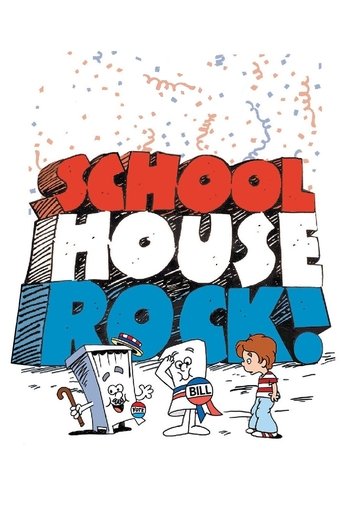
Watch Schoolhouse Rock! (1973) Online!
Schoolhouse Rock! is an American interstitial programming series of animated musical educational short films that aired during the Saturday morning children's programming on the U.S. television network ABC. The topics covered included grammar, science, economics, history, mathematics, and civics. The series' original run lasted from 1973 to 1985, and was later revived with both old and new episodes airing from 1993 to 1999. Additional episodes were produced as recently as 2009 for direct-to-video release.
-
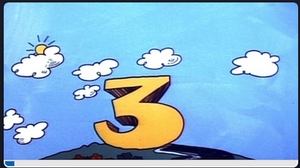
Episode 1 - Three Is a Magic Number
Release Date: 1973-01-06A Magician digs deep into his top hat that proves there's a magic number.
-
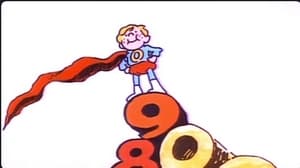
Episode 2 - My Hero, Zero
Release Date: 1973-01-20When it comes to multiplications, zero is a real hero. It will always be an important number to the world.
-
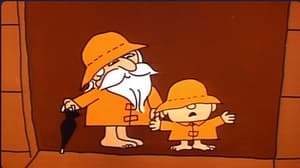
Episode 3 - Elementary, My Dear
Release Date: 1973-01-27Noah helps his son learn to multiply by "twos".
-
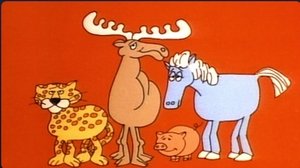
Episode 4 - The Four-Legged Zoo
Release Date: 1973-01-27A field trip to a zoo full of quadrupeds lets a group of students practice the 4 times table.
-
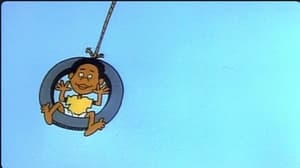
Episode 5 - Ready or Not, Here I Come
Release Date: 1973-02-03Five, Ten, Fifteen, Twenty- ready or not here I come.
-
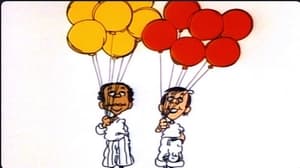
Episode 6 - I Got Six
Release Date: 1973-02-10A boy's day in the city and out, overlapping with others' exploits, run through the 6 times table.
-

Episode 7 - Lucky Seven Sampson
Release Date: 1973-02-17Lucy Seven Sampson is good luck for students when his romp through a store shows them how to multiply by seven.
-
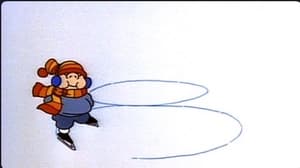
Episode 8 - Figure Eight
Release Date: 1973-02-24At school, a girl daydreams the 8 times multiplication table in the context of a skating pond.
-
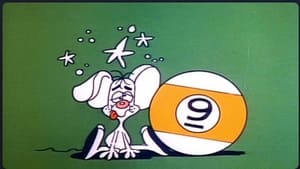
Episode 9 - Naughty Number Nine
Release Date: 1973-03-03An educational cat and mouse game that unfolds on AQ slapstick pool table.
-
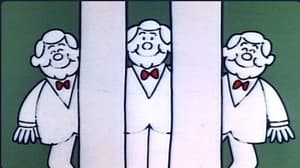
Episode 10 - The Good Eleven
Release Date: 1973-03-10A look at one of the easiest numbers to multiply with.
-
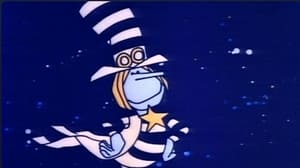
Episode 11 - Little Twelvetoes
Release Date: 1973-03-17A six-fingered and -toed alien opens the question for a farm boy whether their condition would make multiplying by twelve as natural as by ten.
